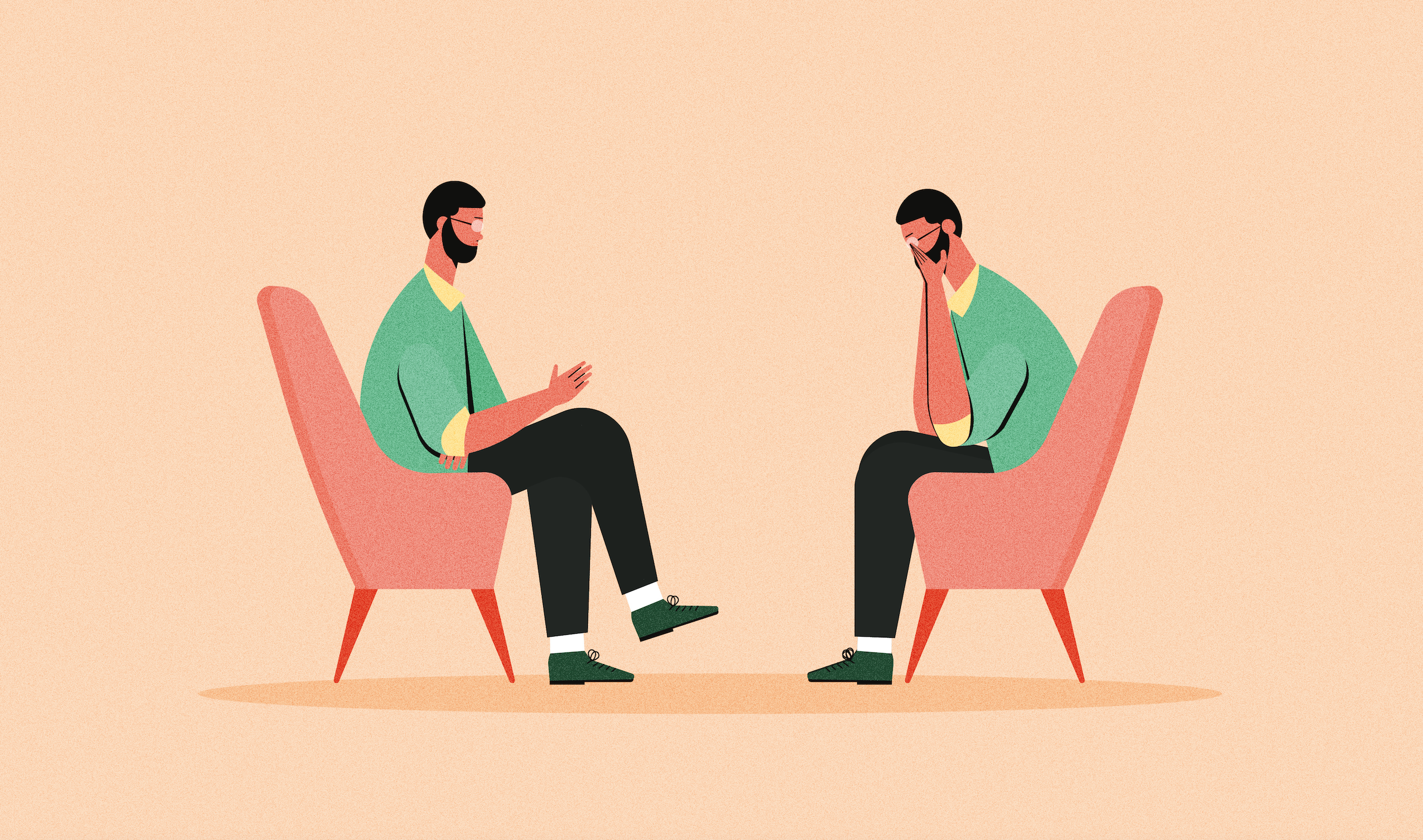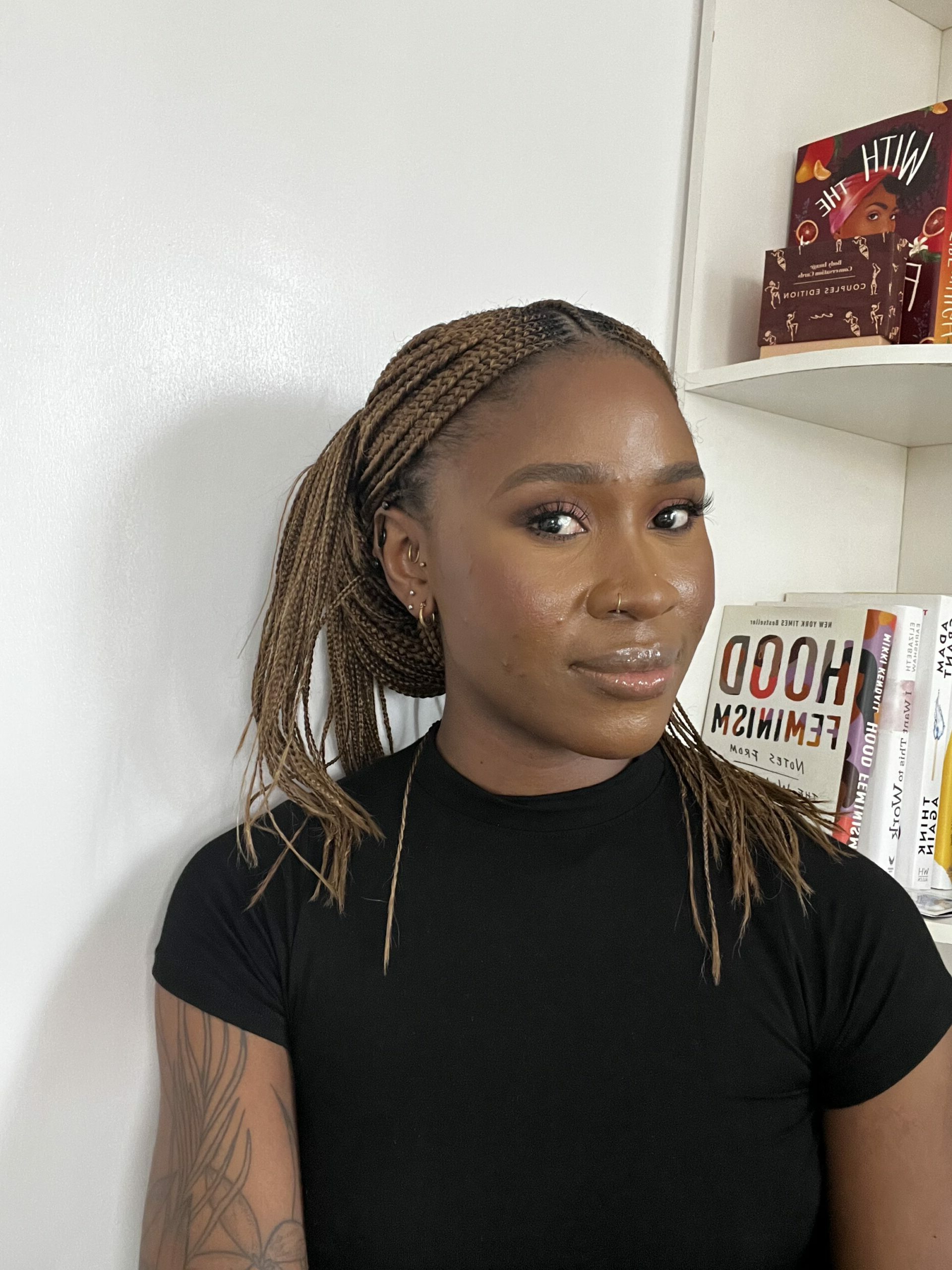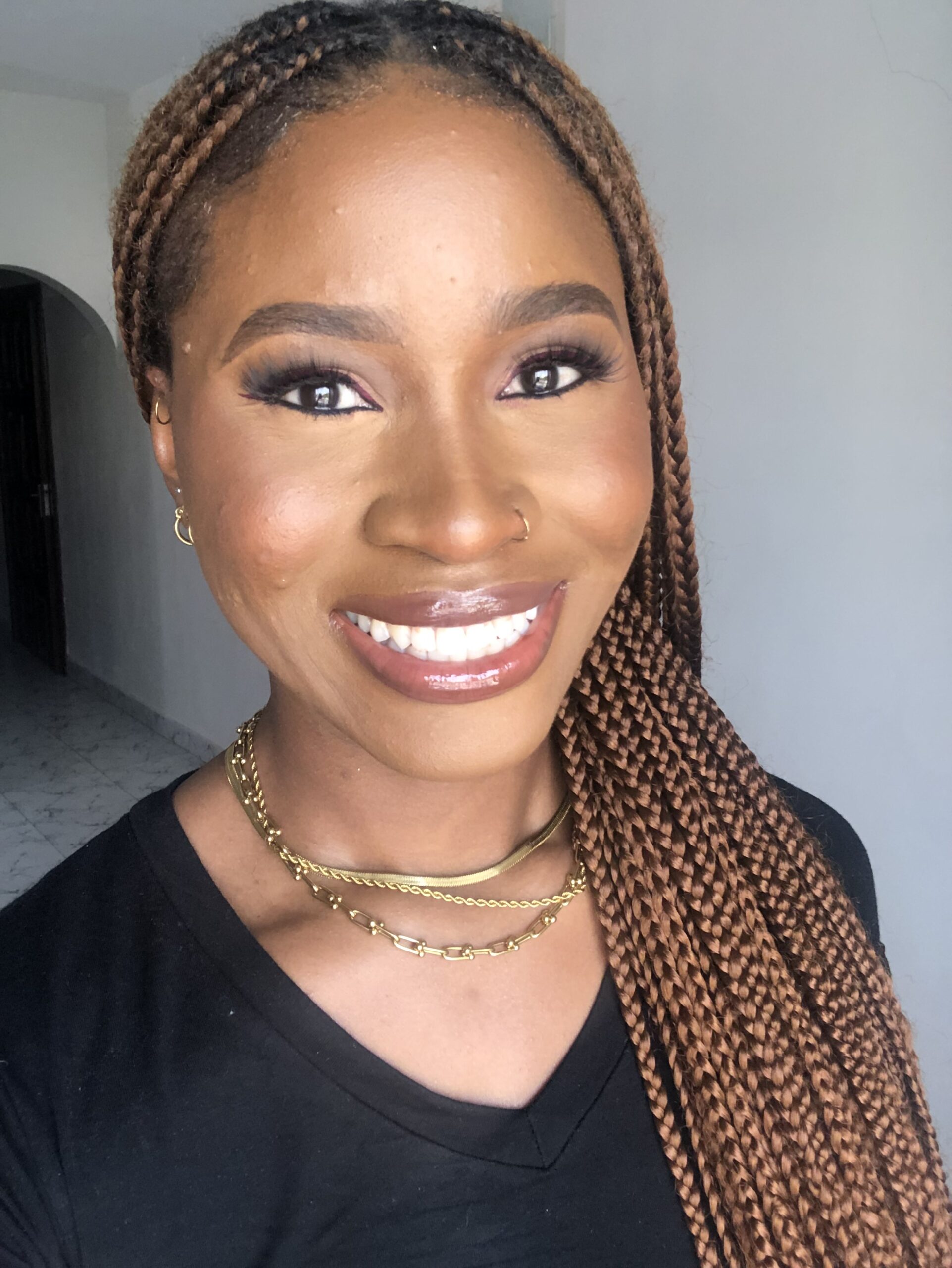Features
Aanu Jide-Ojo & Abdulraheem Abdulqodir Tell Us How They Take Care of Their Mental Health As Therapists
In caring for others, do they forget to prioritise themselves?

Stories, whether they belong to us or not, have the power to haunt us. And when you spend hours as a therapist listening to traumatic, heartbreaking experiences that are extremely emotional, they become a part of you, following you around like shadows, slowly chipping away at you.
Therapy is important for everyone, and therapists are heroes without capes. When we consult therapists, we hope that they have solutions to our mental, emotional and psychological issues. What we do not know is that we are also taking something from them.
Being a therapist is a career, a rewarding one at that; you get to earn the trust of people, help others out of their miseries, provide comfort and lift spirits. You also save lives and calm the voices in people’s heads. But what happens after each session? Do these stories leave you? How do you process them? Do you brush them aside and move on with your life? Or do they stick to your skin like ticks sucking your blood?
Abdulraheem Abdulqodir, a peer counsellor at Renovaré Mental Health Initiative – a mental health initiative that aims to promote mental health awareness amongst youths – says he gets troubled by emotional distress through hearing other people’s experiences.

Abdulraheem isn’t the only one who feels this way. In a survey carried out by NYTimes, mental health demands are increasing, and therapists can barely catch up. Therapists hear all kinds of unbearably sad, tragic and traumatic stories that could wear someone down over time. There’s a need to pay attention to their own mental health.
Aanu Jide-Ojo – therapist and founder of UsTherapy, a therapy service that was created as a safe, non-judgmental space to help people understand their experiences and equip them with the tools to show up more adaptively – says for her, practising self-care before and after her sessions helps.
“I go through downtimes too. As therapists, we are taught to hold space for clients and move through challenging cases with them but, over time, I’ve learned to practise self-care before and after my sessions.”

The therapist’s job is to ease the burden of their clients; it is what they signed up for, a path they have chosen to follow. Still, it is exhausting to listen to other people’s problems all day long. To ease herself of the burden, Aanu sets up routines. “I try to take walks daily. Leaving my space and taking in the fresh air helps me process my day, there’s also the added benefit of endorphins and stress relief. I also have my therapist, where I become the client and enjoy all the benefits of therapy too. I also lean into my community within and outside the mental health space. I need to remember that I’m not just a therapist and engage in other interests that are rejuvenating. So just as I teach my clients different self-care practices, I apply them too.”
The world is becoming a scarier and more difficult place to live in. Inflation is on the rise, countries are experiencing economic downturns and recessions, there’s insecurity, unemployment, intolerance for one another is increasing and we’re losing our sense of community. All over the world, people are experiencing extreme fatigue and exhaustion and therapists are not immune to this. As they offer comfort, they are also grappling with their own personal problems. According to a study, “81 per cent of psychologists studied had a diagnosable psychiatric disorder (a large per cent were mild) which varied from substance abuse, mood, depression, anxiety, eating disorders and other personality dysfunctions.” There are also stories of therapists committing suicide.

Abdulraheem explains that there is something called Vicarious Trauma – an occupational challenge for people working and volunteering in the field of victim services due to their continuous exposure to victims of trauma and violence. He says, “Vicarious Trauma is a huge deal on the lives of all health workers, most especially therapists. You get affected and disturbed by someone else’s misfortunes and traumatic experiences.”
But Abdulraheem has found a way around this: “I have learned to understand my mood and feelings and developed a list of self-help therapeutic activities I need to match each one. Sometimes it’s sleep therapy, or just having a relaxing time. Sometimes, it could be taking a stroll or observing nature. It could be a nice sound therapy. Above all, putting a smile on someone else’s face or helping to ease their worry always tops the list for me; it elevates my mood and gives me instant energy. I also have therapists that know how to listen and how to respond to my various troubles.”

Therapists must never allow themselves to be drowned by people’s stories and worries. In caring for others, they must never forget to prioritise themselves. Aanu and Abdulraheem ease burdens off themselves by setting out routines that work for them and having their own therapists. Every therapist can adopt this too.



















